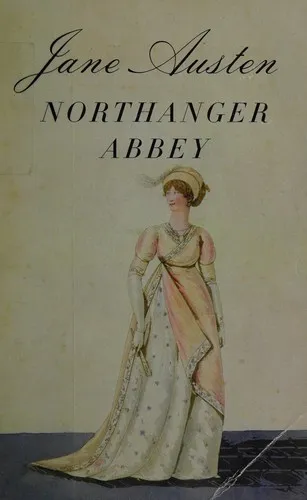Northanger Abbey is the story of naïve but sweetly appealing Catherine Morland, a willing victim of the 19th-century craze for Gothic literature who is determined to see herself as the heroine of a dark and thrilling romance. Northanger Abbey is both a perfectly aimed literary parody and a withering satire of the commercial aspects of marriage among the English gentry at the turn of the nineteenth century. When Catherine is invited to Northanger Abbey, the grand though forbidding ancestral seat of her suitor, Henry Tilney, she finds herself embroiled in a real drama of misapprehension, mistreatment, and mortification, until common sense and humor—and a crucial clarification of Catherine’s financial status—puts all to right. Written in 1798 but not published until after Austen’s death in 1817, Northanger Abbey is characteristically clearheaded and strong, and infinitely subtle in its comedy.
Jane Austen
Jane Austen was an English novelist born in 1775 in Hampshire, England. She is best known for her novels which explore the lives and manners of the English gentry in the early 19th century. Austen's most notable works include "Pride and Prejudice," "Sense and Sensibility," and "Emma." Her writing style is characterized by wit, social commentary, and keen observation of human nature. Austen's works have had a lasting impact on the literary genre of the novel, particularly in the development of the comedy of manners. Her most famous work, "Pride and Prejudice," is considered a classic of English literature and continues to be widely read and studied today. Austen's contributions to literature include her insightful portrayal of characters and relationships, her exploration of the role of women in society, and her enduring appeal to readers of all ages.

